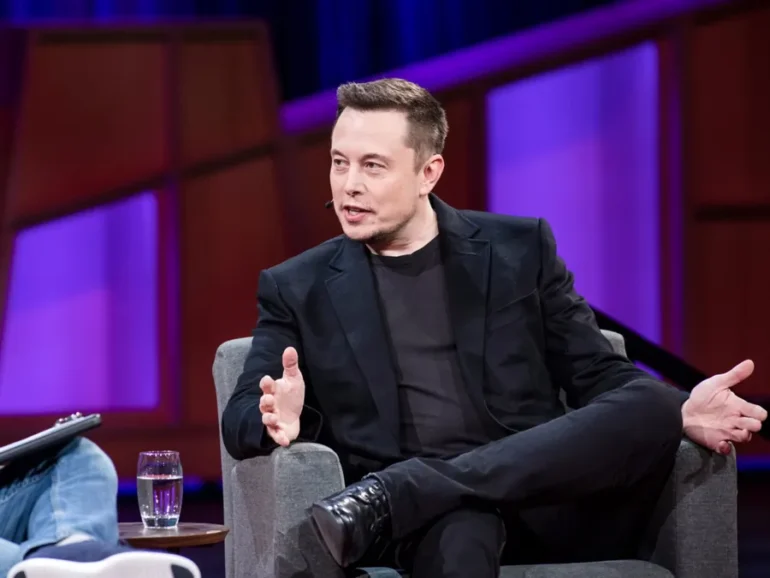Elon Musk, owner of X, Tesla, and SpaceX, has filed a lawsuit against OpenAI and its CEO, Sam Altman in San Francisco, claiming that OpenAI has deviated from its foundational principles. According to Musk, OpenAI, initially originating as a non-profit organization with the goal of developing AI for the greater good of humanity, has shifted its focus towards profit maximization. This pivot is primarily attributed to its increasingly close ties with Microsoft, a tech giant that has invested heavily in OpenAI.
Elon Musk’s concern is that the pursuit of profit could compromise the ethical development and deployment of AI technologies. These technologies have the potential to revolutionize every aspect of our lives, from how we work and learn to how we interact with the world around us. However, if left unchecked, they could also pose significant risks.
The lawsuit alleges that OpenAI, under its current leadership and direction, is prioritizing financial gain over the public interest. This is an exit from the original vision Musk and others had when they established OpenAI. Elon Musk had invested around £44 million in this non-profit organization from 2016-2020.
OpenAI’s CEO, Sam Altman had been under the spotlight after being removed from the board, however, he soon made his return back to the OpenAI.
This legal battle comes at a time when AI is increasingly in the public eye. OpenAI’s development of ChatGPT, a sophisticated chatbot, has brought the possibilities and perils of AI into focus. The technology’s ability to generate human-like text based on vast databases of information has captured the imagination of many, while also raising questions about its potential misuse.
The legal documents filed by Elon Musk’s team argue that OpenAI’s partnership with Microsoft and the subsequent shift towards a more commercial model violate the terms under which the organization was founded. They claim that this change not only betrays the initial agreement but also threatens to concentrate the power of AI in the hands of those who are motivated by profit, rather than the public good.
Recently, Elon Musk launched his own AI initiative, Grok xAI, which he claims is committed to understanding reality and advancing AI in a way that aligns with the original essence of OpenAI. Through this lawsuit, Musk is advocating for a future where AI development is guided by ethical considerations and the broader interests of society, rather than the narrow financial interests of corporate stakeholders.
As this legal battle unfolds, it will undoubtedly spark conversations about the governance of AI and the role of ethics in technology development. With AI set to play a central role in shaping our future, the outcome of this dispute could have lasting implications for how these technologies are developed and used in the years to come.
The lawsuit also highlights the importance of transparency and accountability in the tech industry, particularly as companies like OpenAI and Microsoft become increasingly influential in the AI space. As regulators in the US, EU, and UK begin to scrutinize the partnership between OpenAI and Microsoft, the tech community and the public will be watching closely to see how these issues are resolved.

